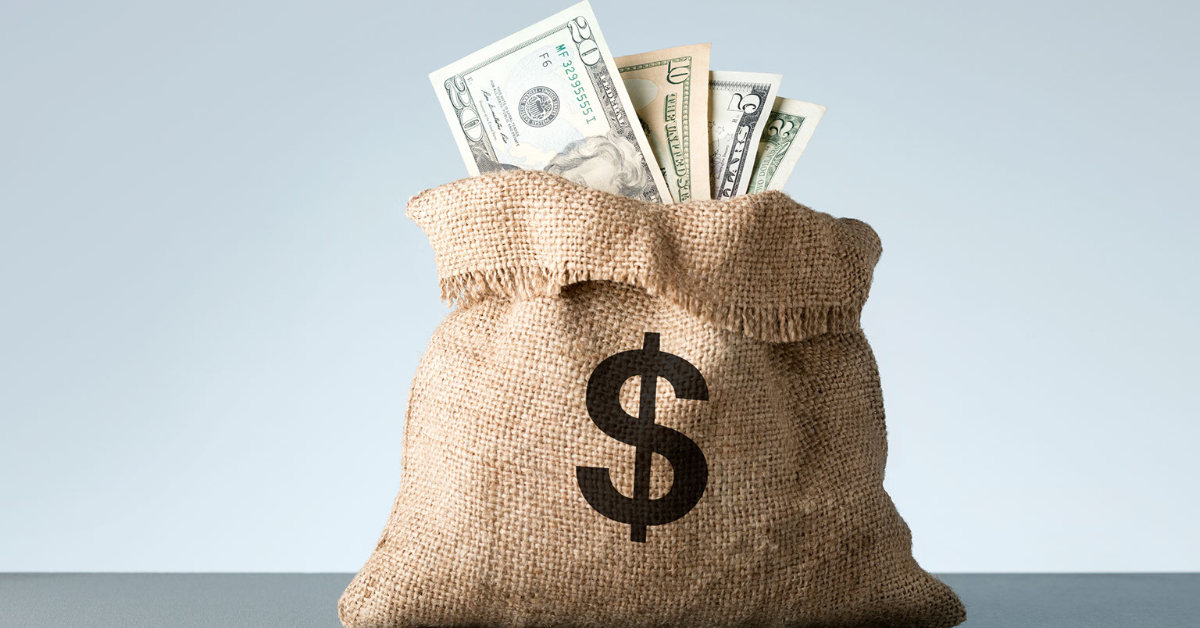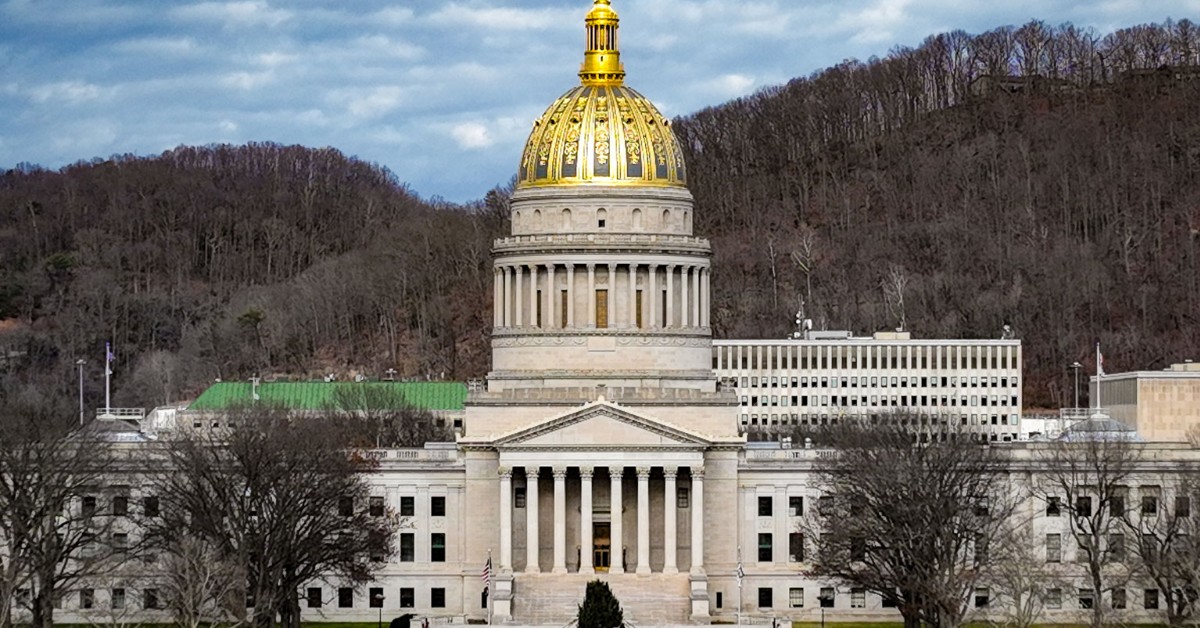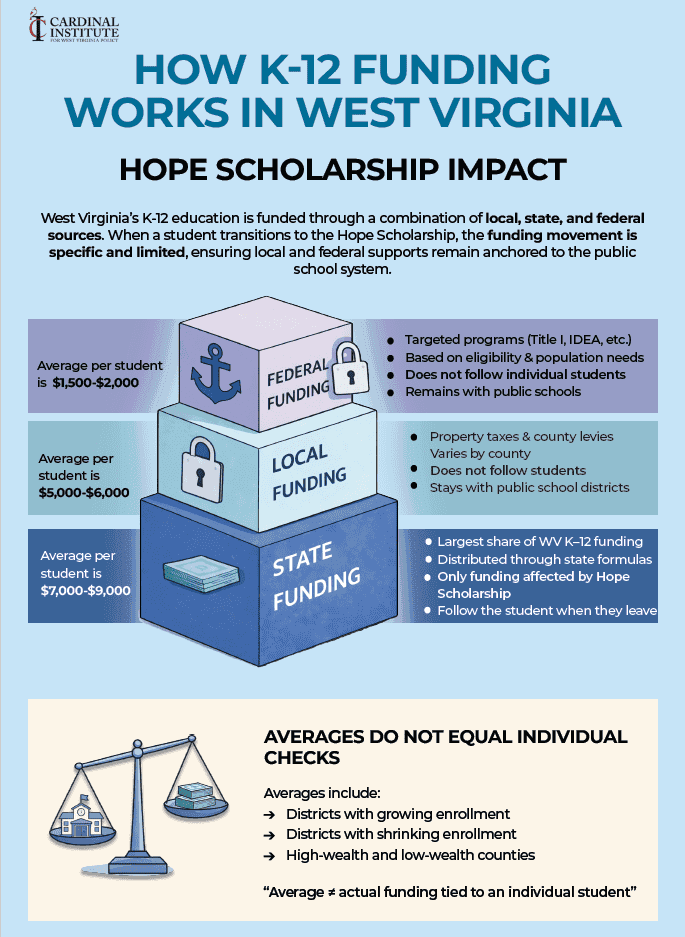
Keep the Receipt for Tax Rebates
Keep the Receipt for Tax Rebates
Ballot Measures Defeated in West Virginia
On November 8, 2022, West Virginia’s voters headed to the ballot to vote. Before them were many voting options, not only on many of the state’s elected leaders, but, in unusual fashion for West Virginia, on several ballot initiatives. These initiatives covered everything from church incorporation and taxes to education and the state’s judiciary.
Each of the four ballot measures was defeated rather easily. The incorporation of churches and religious denominations came the closest to passage with 45 percent voting in favor of such a change. However, one of the four ballot measures still lingers in the public debate to this day. And interestingly, it was the most soundly-defeated of all: Amendment Two. The amendment would have allowed the Legislature to exempt personal property used for business activity from property taxes. It garnered only 35 percent in the affirmative and was seven points below the next closest amendment. In other words, voters didn’t like it.
Amendment Two was a Good Idea
Now, to be clear, the strategic wisdom of running four rather complex ballots at one time is up for debate. This is especially true in a state with limited experience dealing with ballot measures, particularly those of such variety. Regardless, West Virginians were uncomfortable with the proposed changes. However, there is no doubt about two things related to Amendment Two: 1) Gov. Justice’s relentless campaigning against Amendment Two was the coup de grâce – Gov. Justice was one of the most popular governors in the country with approval ratings north of 60 percent and 2) it was, and remains, a good idea for catalyzing economic growth.
Tax Reform Debates Rage on in West Virginia
Now, we are in the middle of West Virginia’s legislative session. To set the scene just a bit more, there are two competing plans for cutting taxes right now. Gov. Justice and the House of Delegates are on one side and the Senate is on the other.
The House and Governor want a 50 percent reduction in the state’s income tax over a three-year period. The Senate wants a 15 percent reduction in the first year with more cuts planned in subsequent years if and when certain revenue triggers are met. Additionally, the Senate plan includes a 50% tax rebate for the payment of equipment and inventory taxes paid by small businesses.
Tax Rebates Aren’t a Great Idea
While admirable in its intent, the tax rebates idea, as they say in ice-skating, “fails to stick the landing.”
The four main reasons:
- Tax rebates are immensely burdensome and
- grossly inefficient,
- necessitate growth in the department of revenue, and
- will create a time lag between filing and issuance of the rebate.
Let’s briefly break down each one.
First, the rebate idea is extremely burdensome on the taxpayers. It will require considerable hours to track inventory/property over time, calculate any tax rebates, and send it in to the state department of revenue, which, upon receipt, must then confirm the details of the rebate. Imagine the burden a relatively small business like your local convenience store will shoulder in this process. Now, to be fair, it is up to the taxpayer to see if such an activity is worth it. But there can be no doubt that the rebate will favor larger companies with more access to accountants and tax attorneys.
This leads us to point number two: grossly inefficient.
As a society, we should want businesses to invest, hire, sell products that customers want and need, and become more efficient over time. Tax rebates makes this less feasible. Every dollar that a business sends to an accountant or team of tax attorneys is a dollar it cannot spend on hiring or training a workforce, investing in capital, or donating to a local nonprofit. When compared to an outright appeal of the tax, it’s just not an economically efficient thing to do. We want more money for research and development and less going to tax preparation.
Third, the state department of revenue is going to need to expand. There are well over 100,000 businesses in West Virginia. The burden on the revenue department to confirm and issue rebates is going to be immense. Even if only 10 percent of the businesses decide to file for the rebate, it will require an increase of thousands of hours of manpower for tax officials, which, generally, conservatives hate funding.
Finally, who knows what the time lag will be between preparing and filing the rebate and the actual issuance of the rebate. It’s hard to say for sure, but it’s not difficult to imagine a lag of upwards of one year between the two – so, in other words, an interest-free loan to government for one year?
Outright Repeal is the Best Course of Action Not Tax Rebates
Not ideal.
So, what’s a tax-cutting state to do then? Accept the argument was lost at the ballot a few months ago. Begin laying the groundwork for a campaign to educate voters on why an outright repeal, in a couple of years, is the best course of action. If it requires a new governor, then so be it. In the interim, cut the income tax, practice fiscal restraint, and educate voters. It may not be rocket science, but it is politics.
Garrett Ballengee is the Executive Director for the Cardinal Institute for West Virginia Policy.








